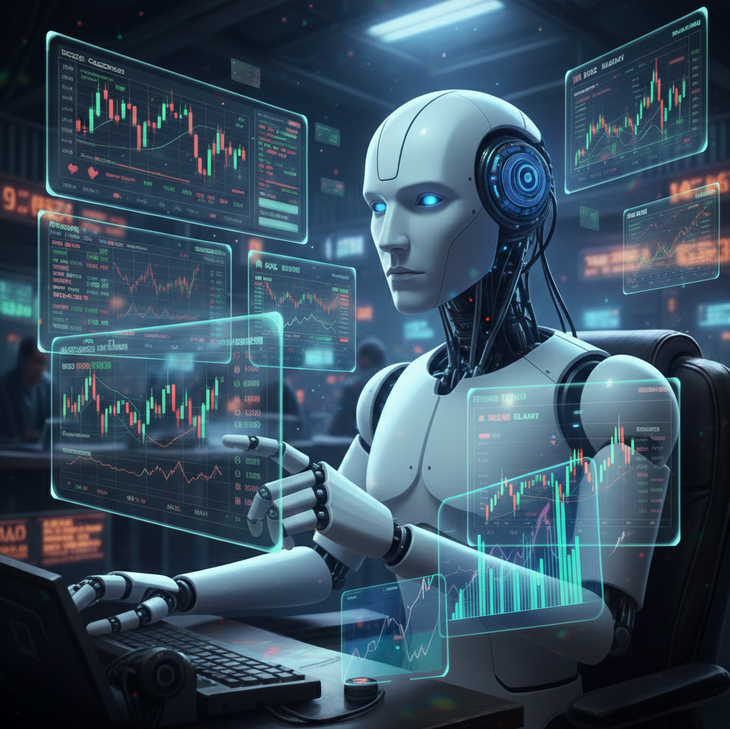
AI directly participates in stock market transactions
For many years, artificial intelligence (AI) has been present in the financial world mainly as a “behind-the-scenes tool” that helps analyze data, forecast trends, and provide strategic suggestions to investors.
But recent advances have opened a turning point: AI is starting to leave its assistant role to directly participate in the market as an independent investor, also known as Trader AI.
Virtual investors on the stock exchange
Trader AI is designed to process huge amounts of data that are difficult for humans to grasp in real time. Not only reading price charts, AI also monitors news, financial reports, market sentiment on social networks, thereby making decisions to buy and sell stocks almost immediately.
In the US and Europe, many investment funds have tested AI in small portfolio groups. Start-ups Q.ai and Kavout have launched AI asset management services, allowing users to pay a fee to have bots trade on their behalf. However, the scale is still modest and has not become a popular trend.
Unlike the West, China is moving faster. DeepSeek, a financial AI developed in this country, is able to learn from the strategies of veteran investors, simulate and apply directly to the market.
What sets AI Traders apart is their ability to trade 24/7, tirelessly and without being influenced by emotions. While humans are prone to panic during market crashes, AI remains calm and disciplined.
Opportunities and risks from Trader AI
The rise of Trader AI opens new doors for individual investors - who are often at a disadvantage compared to large funds. If in the past, automated trading systems were only the domain of financial institutions, now AI can help small investors access technology on par with.
For inexperienced people, AI also acts as a "strategic assistant", suggesting portfolios or transactions on their behalf, thereby reducing emotional factors and saving time.
However, along with opportunities come unpredictable risks. The biggest question is responsibility: who will take responsibility when an algorithm causes millions of dollars in losses? Is the market still fair when AI has superior advantages in speed and data?
Another concern is systemic risk. If a series of AIs are trained on the same model and act simultaneously on market fluctuations, a chain collapse is entirely possible. That is why the International Monetary Fund (IMF) and the US Securities and Exchange Commission (SEC) have begun discussing building a legal framework for AI in finance, to limit "virtual players" from causing real risks.
In Vietnam, Trader AI is still a new concept, with no official system yet deployed. However, some fintech companies have begun testing AI in stock price forecasting, portfolio recommendations, or building stock consulting chatbots.
These steps, though still in their infancy, reflect global trends that will sooner or later impact the domestic market, and also require early preparation of a suitable legal framework.
From being just an analytical tool, AI has stepped into a completely new role: becoming an "investor" on the stock market. Just like the moment when a computer defeated a chess player, shocking the world, today AI is no longer just standing on the sidelines, but has actually entered the game as an official player, opening up more equal opportunities for individual investors, while also posing challenges in terms of system security and legal responsibility.
Source: https://tuoitre.vn/may-danh-nguoi-xem-ai-thay-doi-cuoc-choi-tai-chinh-2025091009425468.htm






![[Photo] Prime Minister Pham Minh Chinh attends the annual Vietnam Business Forum](https://vphoto.vietnam.vn/thumb/1200x675/vietnam/resource/IMAGE/2025/11/10/1762780307172_dsc-1710-jpg.webp)



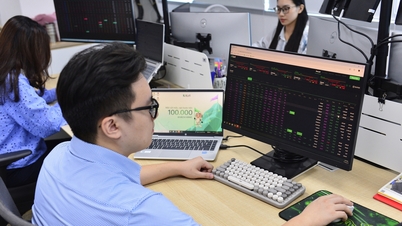
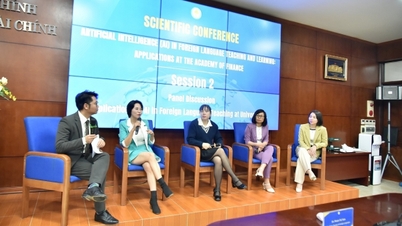




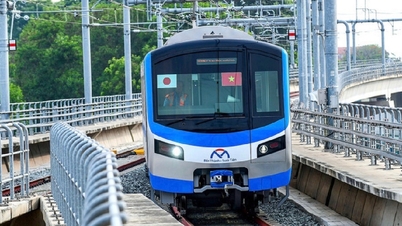




































































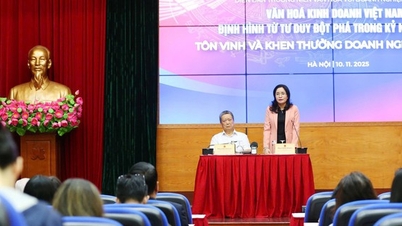
















![Dong Nai OCOP transition: [Article 3] Linking tourism with OCOP product consumption](https://vphoto.vietnam.vn/thumb/402x226/vietnam/resource/IMAGE/2025/11/10/1762739199309_1324-2740-7_n-162543_981.jpeg)











Comment (0)